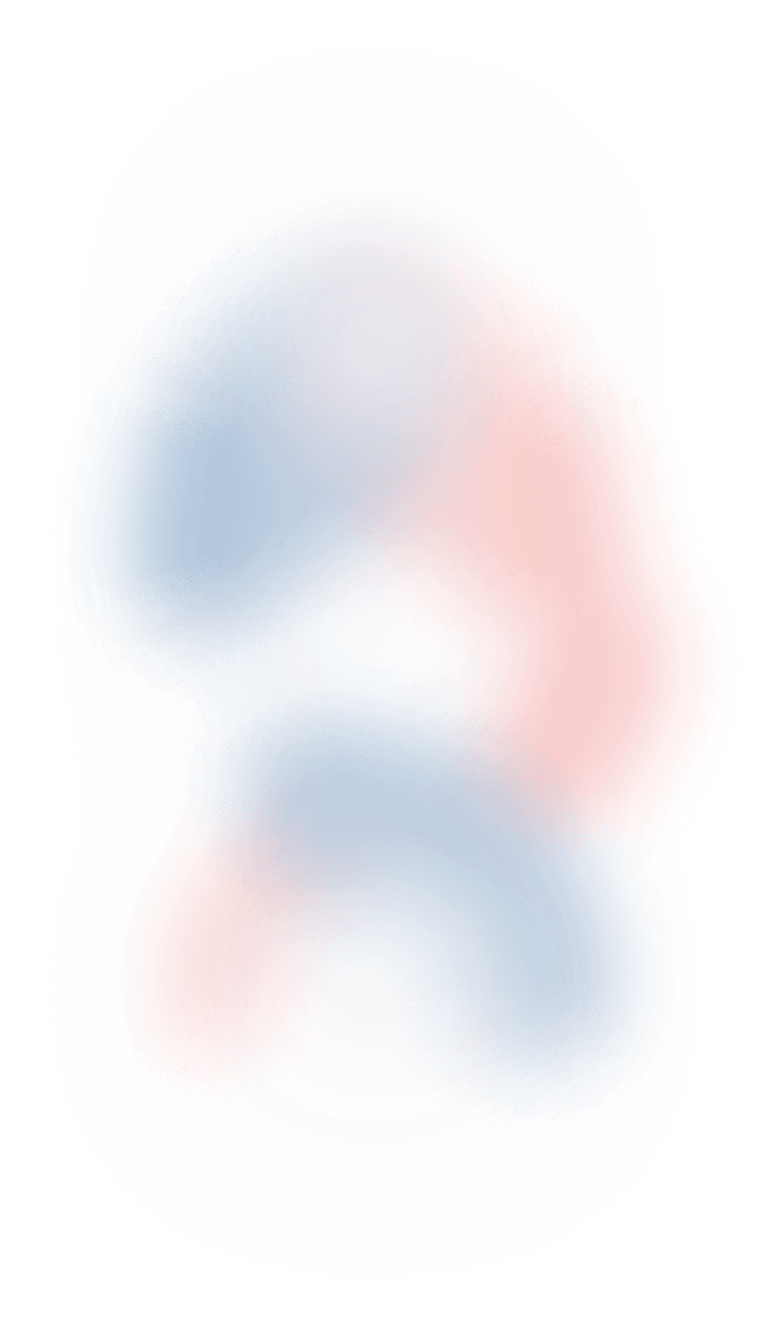Virginia cannabis law
| Medical patients | 4 oz per 30 days |
| Recreational users | 1 oz |
| Medical patients | 5.3% sales tax |
| Recreational users | 21% excise tax plus 5.3% sales tax |
| Medical patients | No specific cultivation rights |
| Recreational users | Up to 4 plants per household |



Do I qualify?


Concise guide to Virginia's medical marijuana laws
Any diagnosed condition or disease determined by the practitioner to benefit from such use.
The specified possession limit for botanical cannabis allows for up to 4 ounces per 30 days to be dispensed to a patient.The specified possession limit for cannabis products is a 90-day supply. Such products, as defined under the law, may contain up to 10 mg of THC per single dose. Products permitted under the law may be in any formulation, including inhalable, edible, and topical preparations.
Yes, cultivation of up to four plants per household is permitted by those 21 or older.
Yes
§ 18.2-251.1. Possession or distribution of marijuana for medical purposes permitted.
§ 18.2-251.1:1. Possession or distribution of cannabis oil; public schools.
§ 4.1.-1600-1606 Cannabis Control Act:
§ 40.1-27.4 Discipline for employee’s medicinal use of cannabis oil prohibited
“Registered agent” means an individual designated by a patient who has been issued a written certification, or, if such patient is a minor or an incapacitated adult as defined in § 18.2-369, designated by such patient’s parent or legal guardian, and registered with the Board pursuant to subsection G.
47,693
Source: Virginia Cannabis Control Authority, as of May 2024
Yes
No
Apply for your medical cannabis card in Virginia

Detailed overview of Virginia’s medical marijuana regulations
Possession limits for medical cannabis patients in Virginia
According to the Code of Virginia, medical cannabis patients are subject to the following possession limits:
- Botanical cannabis (Marijuana flower): Patients may be dispensed up to four ounces of marijuana flowers per 30-day period.
- Cannabis products (oils, edibles, topicals, etc.): A 90-day supply may be dispensed, as determined by the pharmacist or certifying practitioner. These products may contain up to 10 mg of THC per single dose.
A pharmaceutical processor or cannabis dispensing facility may dispense multiple cannabis products at one time, but the total amount must not exceed the legal limits within the designated period.
Virginia’s cannabis cultivation laws for patients and businesses
Personal cultivation:
In Virginia, individuals 21 years and older can cultivate up to four cannabis plants per household for personal use, and not per person. A household includes all those living in the residence, even if they are unrelated, so if there is more than one qualifying patient in a household, they are still limited to four cannabis plants.
Each plant must have a legible tag with the grower’s name, driver’s license or ID number, and a note that the plant is being grown for personal use as authorized by law. Exceeding the required number of plants can lead to civil or criminal penalties in Virginia.
In personal cultivation, cannabis plants must not be visible to the public or accessible to those under 21 years old. Qualifying cannabis patients who are minors can only plant cannabis through a caregiver. Also, patients cannot use their home cultivated cannabis to produce cannabis concentrate or privately sell to others.
Property owners in Virginia are allowed to restrict home cultivation of cannabis by renters, so patients should consult with their landlords or property management before planting marijuana flowers. For Virginia medical marijuana cardholders who live in federally assisted housing, using and cultivating marijuana at home remains prohibited because it is a federally banned substance, and those caught will be evicted.
Commercial cultivation:
Commercial growers in Virginia need to obtain a cultivation license to be allowed to cultivate, label and package marijuana, and sell to other businesses. Cultivators can also sell immature plants and seeds to consumers for personal cultivation. There are two classes of marijuana cultivation facility licenses:
- Class A: This class allows the holder to cultivate marijuana plants in an area not more than 1,500 square feet. The number of plants and the cultivation area will be determined by the Cannabis Control Authority (CCA).
- Class B: This licenses the holder to cultivate marijuana plants with THC concentrates of 1% or less.
To grow medical marijuana commercially, one must receive a Pharmaceutical Processor permit and have a valid cultivation facility. To apply for a marijuana cultivation facility license in Virginia, follow the steps below:
- Apply with the CCA by submitting the required documents.
- Complete a background check by local law enforcement.
- Notify the public of your business in front of the growing facility between 10 and 30 days.
- Issue a public notice once a week in the newspaper for two weeks.
- Commit to accurate record-keeping.
Primary caregiver responsibilities and considerations in Virginia
Under the Virginia Medical Marijuana Program, caregivers —referred to as Registered Agents—are individuals designated by a medical cannabis patient to assist in obtaining, possessing, transporting and administering medical marijuana. To serve as a caregiver, an individual must be registered with the Virginia Cannabis Control Authority (CCA) unless they are already listed on the patient’s written certification.
Minors and incapacitated adult patients who have received a medical certification from a Virginia-licensed physician can designate a caregiver to assist them. Under Section 18.2-369 of the Virginia code, incapacitated adults are individuals aged 18 or older who, due to mental illness, physical disability, intellectual disability, or advanced age, lack the abilityto make informed healthcare decisions.
A caregiver can be a parent, legal guardian, spouse, friend, nurse other trusted individual. Each caregiver can assist up to two registered cannabis patients at a time.
Registration requirements
- If a caregiver’s name is included on the patient’s written certification, they do not need to register separately with the CCA.
- If a caregiver’s name is not listed on the certification, they must complete a CCA registration process before assisting the patient.
- The registration fee is $25, with an annual renewal fee of $25.
Possession and cultivation limits for caregivers
Registered caregivers can possess up to 4 ounces of botanical cannabis or a 90-day supply of cannabis products which contain up to 10 mg of THC. They can also grow up to four marijuana plants per household for the patients to use.
Caregivers should stay updated with the latest news from the Virginia Medical Marijuana Program to protect their patients. Also, keep all documents safe and up to date, especially when assisting a minor. Caregivers are meant to respect the confidentiality of a patient’s medical information and are not allowed to sell or consume the cannabis purchased for patients.
Medical cannabis for veterans in Virginia
Veterans in Virginia who require medical marijuana treatment due to debilitating physical and mental health conditions can apply for a medical marijana card just like any other patient. The Virginia Cannabis Control Authority (CCA) allows veterans to obtain and use medical cannabis, as long as they receive a written certification from a Virginia-licensed physician. Unlike some states, Virginia does not require specific qualifying medical conditions, meaning veterans can consult with a provider to determine if medical cannabis is a suitable treatment.
Despite Virginia’s medical cannabis program, the U.S. Department of Veterans Affairs (VA) follows federal law, which classifies marijuana as a Schedule One controlled substance. Due to this, veterans are not allowed to consume, store, or transport medical marijuana while on VA grounds or receive a written certification from a VA doctor. Still, veterans will not be denied VA benefits because of marijuana use, and can discuss marijuana use with their VA providers.
At Dr. Weedy, we recognize the sacrifices veterans have made and are committed to supporting access to affordable medical cannabis care. We offer exclusive discounts for veterans applying for a medical marijuana certification in Virginia. Click here for more information about our veteran’s discount program.
Access to marijuana treatment for people with disabilities in Virginia
Medical marijuana patients in Virginia who have a physical and mental disability and are classified as incapacitated adults can still access medical cannabis through their caregivers (registered agents). The designated caregiver can assist in the purchase, transportation, possession and responsible use of medical marijuana.
Dr. Weedy makes it easy to receive a new medical card through a convenient online platform. The certification process is 100% remote, allowing easy access to Virginia residents with a disability.
You can book an online consultation with a registered physician in Virginia through telemedicine and send the application from the comfort of your home. The CCA will also provide a digital medical marijuana card. Then, your caregiver can assist with the purchase and responsible use of medical cannabis.
Medical marijuana reciprocity and access for non-residents in Virginia
A reciprocity program is when a state allows individuals from other states to buy medical marijuana with their out-of-state medical card. Virginia does not accept out-of-state medical marijuana cards, but some states accept Virginia cards. The following states offer medical marijuana reciprocity to patients from Virginia:
- Oklahoma
- Maine
- Rhode Island
- New Mexico
- Arkansas
- Nevada
- Utah
- Hawaii
- New Hampshire
- District of Columbia
Employment protections for medical marijuana patients in Virginia
After the HB 1862 bill was signed into law in March 2021, Virginia-registered medical marijuana patients gained legal protections against workplace discrimination.Employers cannot fire, discipline, or take adverse action against an employee solely for lawful medical cannabis use, as long as the employee has a valid written medical marijuana certification from a qualified healthcare practitioner.
The law does not permit employees to be impaired during work hours or require employers to allow marijuana use in the workplace. Additionally, it does not apply if compliance would violate federal law or jeopardize federal contracts or funding. Federal employees and those in safety-sensitive positions remain subject to THC drug testing and federal regulations.
As of July 1, 2024, these employment protections have been expanded to include public employees, such as firefighters and emergency responders, ensuring they have the same rights as private-sector workers. Patients should stay informed about their rights and consult an employment attorney if they experience workplace discrimination.
Optional medical cannabis registration in Virginia: benefits, process, and cost
In Virginia, once a patient receives a written certification from a licensed physician, they can legally purchase medical cannabis using the digital “Validation of Written Certification” along with a government-issued ID. However, registering with the Virginia Cannabis Control Authority (CCA) remains an option for those who want an official digital medical cannabis card.
While registration is not required, having a CCA-issued card may provide additional convenience. Some dispensaries may recognize the registered patient card as a streamlined form of verification, potentially speeding up transactions. It also serves as an extra form of proof for legal protections related to medical cannabis use.
To obtain the optional card, patients must apply through the CCA portal and pay a $50 annual fee. The application requires proof of residency, identity, age, and a copy of the medical certification. Once submitted, approval may take up to 10 business days, after which the patient will receive a digital registered patient card.
For patients who choose not to register, their written certification remains valid for dispensary purchases without the need for an additional card. Parents, legal guardians, or registered agents are also not required to register unless they are not listed on the patient’s certification
























